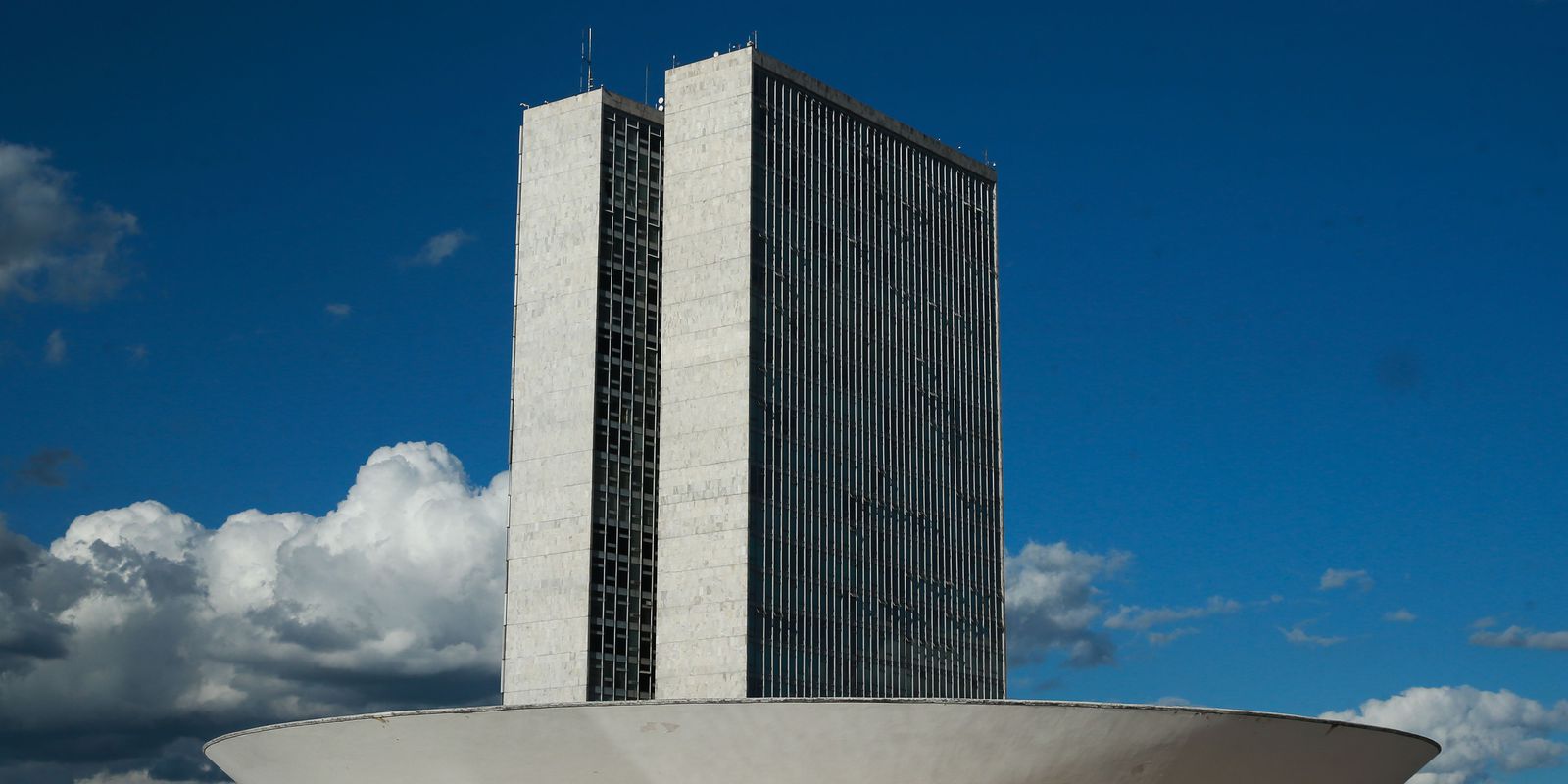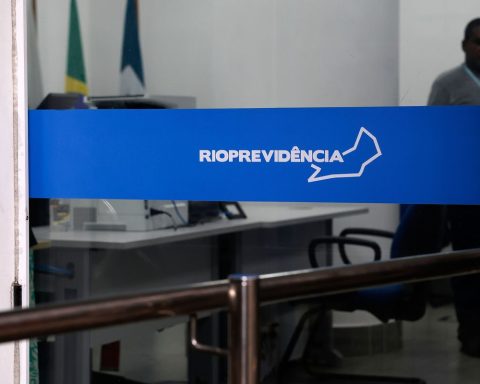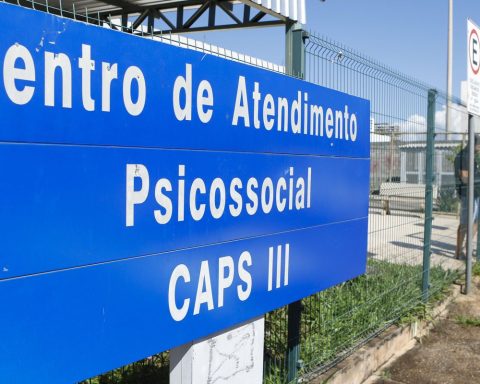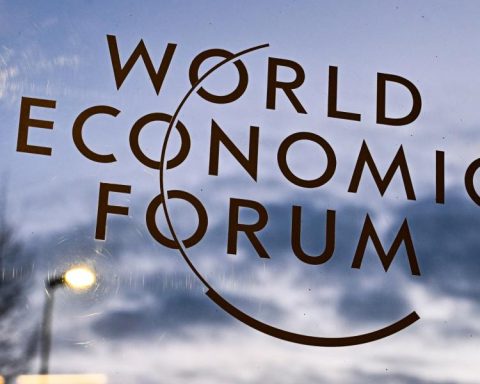The Chamber of Deputies approved the Complementary Bill 31/21, authored by the Senate, which regulates procedures for the payment of the Tax on Operations related to the Circulation of Goods and Provision of Interstate and Intermunicipal Transport and Communication Services (ICMS) in interstate transactions of goods and services when the final consumer is not a taxpayer. The text has undergone changes and returns to the Senate.
The proposal seeks to avoid lack of regulation from next year, after a decision by the Federal Supreme Court (STF) to rule out several clauses of Agreement 93/15, of the National Council for Finance Policy (Confaz), an entity that brings together state secretaries, unconstitutional. of Farm. The Supreme considered the agreement unconstitutional because the passages dealt with matters that should be dealt with exclusively by complementary law.
Agreement 93/15 loses validity at the end of this year and regulated the payment of ICMS in interstate transactions of goods and services according to the rules of Constitutional Amendment 87/15, known as the electronic commerce amendment. The amendment determined that, when the buyer of the good or service taker is not a taxpayer of ICMS (individual buyer of websites of e-commerce, for example), the selling company must pay the state of origin the interstate rate (7% or 12%, depending on the state) and for the state of destination of the good or service the difference between its internal rate and the interstate rate (differential of aliquots – Difal).
The main novelty of the project is the determination that the states create a portal to facilitate the issuance of Difal collection guides, which should also contain information on the legislation applicable to the specific operation, including consultation solutions and administrative process decisions with a character binding; aliquots; information on tax benefits that may influence the tax payable; and ancillary obligations.
It will be up to the states and the Federal District to jointly define the technical criteria necessary for the integration and unification between the portals of each unit of the Federation.
The rules of the complementary bill will come into force 90 days after the publication of the future law, but as the Supreme Court decided that the rules of the agreement do not apply from January 2022, there will be a period without current regulations on the subject.
* With information from the news agency Câmara de Notícias

















